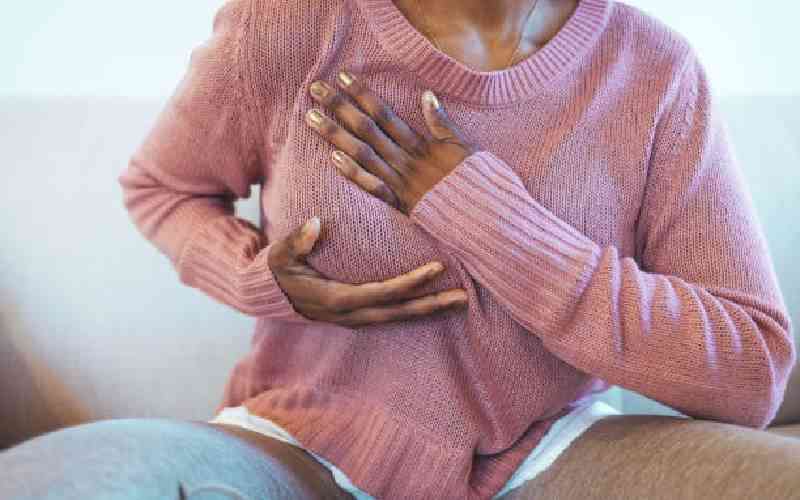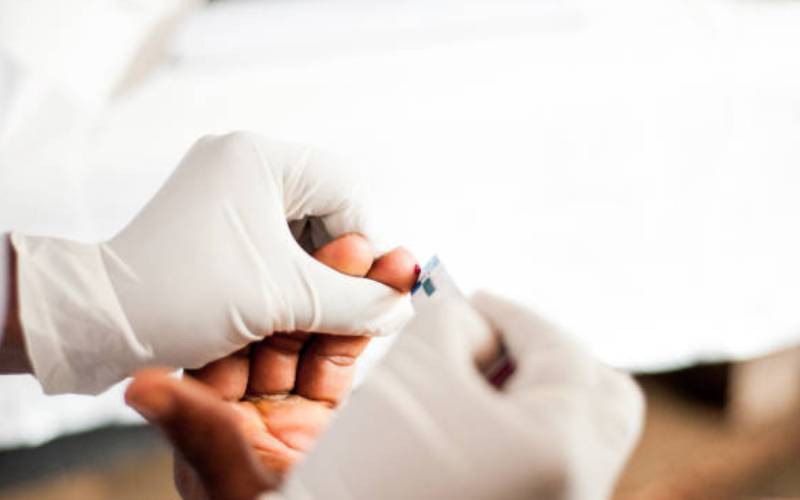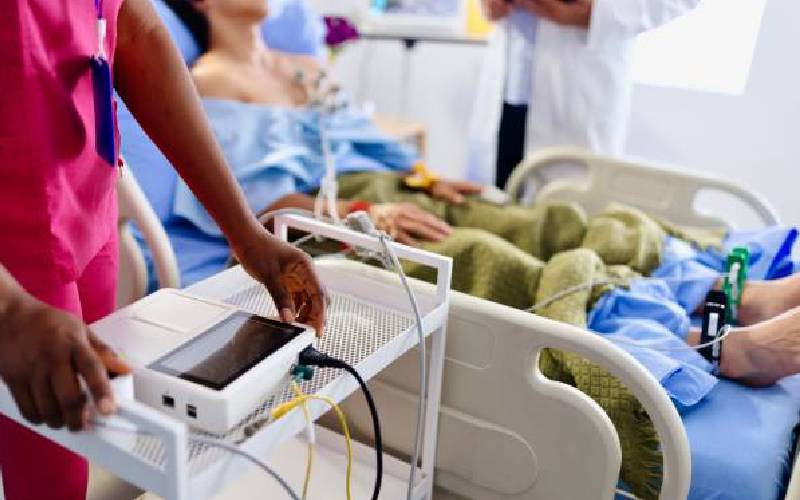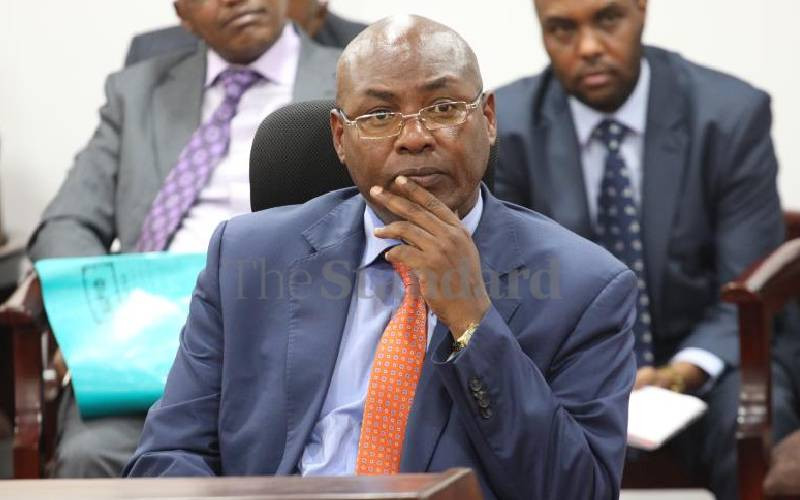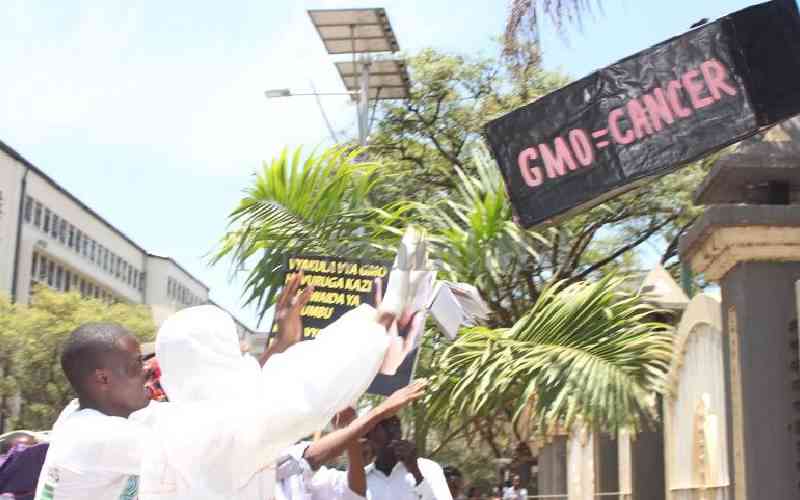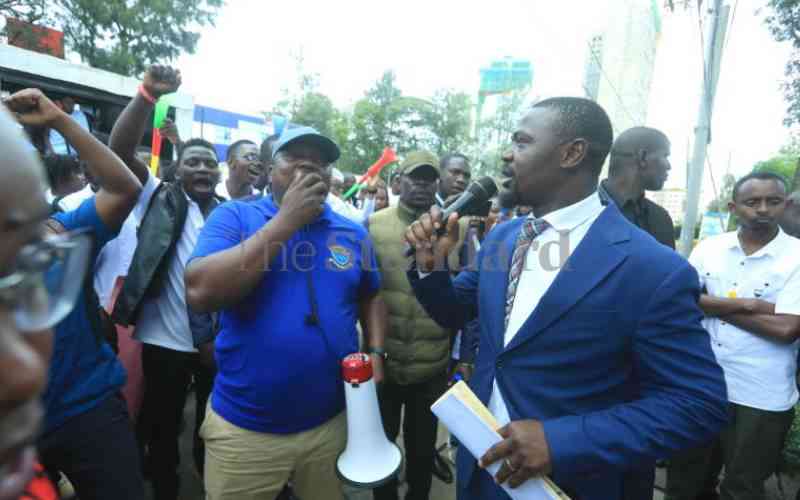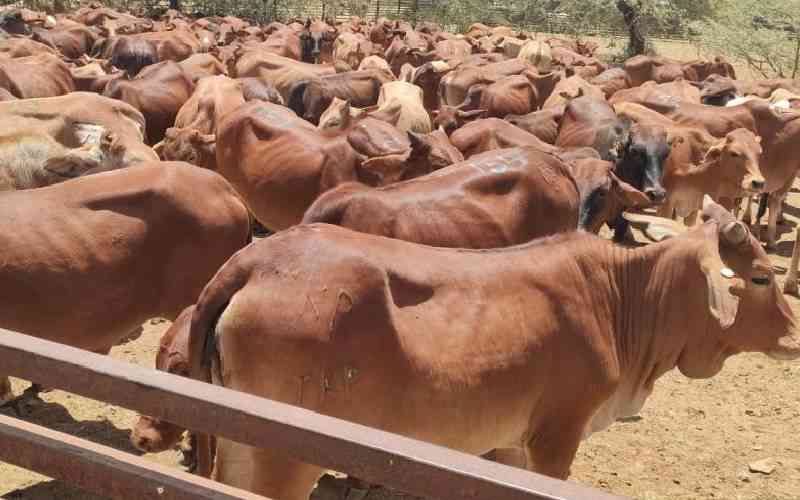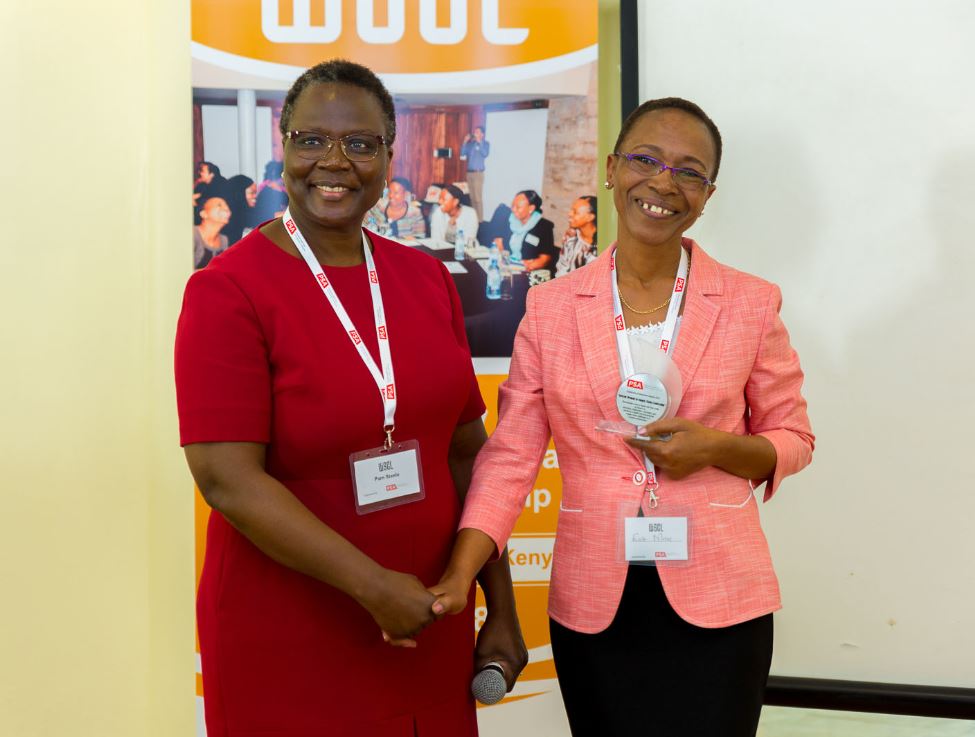
Mother of one Eva Mwai does not mind being referred to as a container woman. The hulking gadgets commonly used to carry goods have played a pivotal role in steering her life towards what she loves doing best, changing peoples’ lives for the better.
“My life thrives best from touching the needy and making a positive difference in their lives which containers have helped me do,” she confesses with a laugh.
Ms Mwai’s says her fixation with containers started when she got a job with St. John’s Ambulance as Chief Executive Officer (CEO) after she lost her husband of seven years.
“I swore never to remarry, but dedicate my life to my son and saving lives, the core business of Saint John’s Ambulance where it struck me that more needed to be done about the carnage on the roads than merely rushing accident victims to hospitals,” she reminisces.
“I saw victims suffer serious brain damage or even die because they did not get crucial emergency care within critical minutes when the flow of oxygen is interrupted just after accidents, something that prompted me to reach out to Safaricom and Kenya shell for a solution.
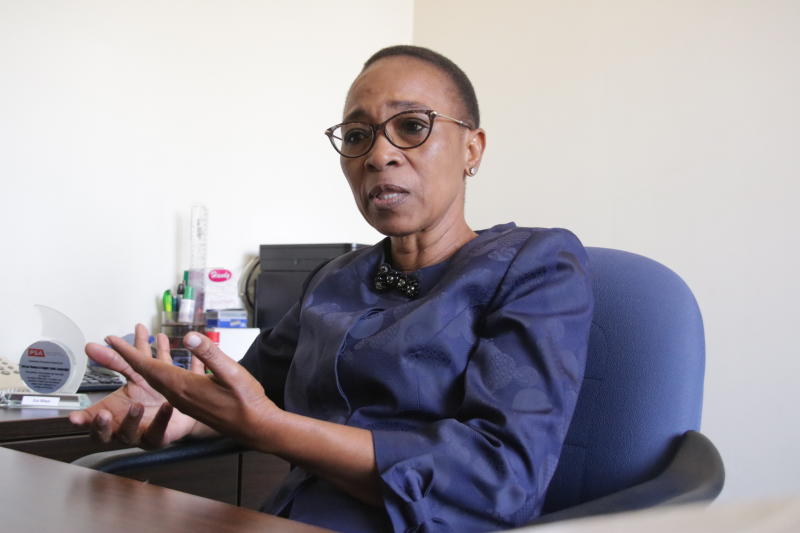
“Containers were easily identified for their ease to convert into makeshift shelters that we strategically located at black spots along the highways complete with personnel to train locals on first aid. Lots of lives were saved as a result and there was no looking back,” she relates.
“As though fate was watching and smiling at my obsession with containers to save lives, a telephone call one day came out of the blues when a human resource recruitment firm invited me to take up a new job where containers and saving lives were the main facets.
"I dithered at first but later accepted when I discovered that it was a new initiative not only in Kenya but in the entire East African region after it had been tried with considerable success in Southern Africa. I was informed that by dint of what I was doing, I had been identified to be in charge of the novel initiative.
“That is how I resigned from St John’s Ambulance to join North Star Alliance, a firm that provides quality healthcare in 13 countries across Africa to long-distance truck drivers and other mobile workers alongside the communities they interact with.
Eva says she has set up 17 roadside welfare clinics in Kenya, Uganda and Tanzania since she became the firm’s Regional Director for East Africa 10 years ago, eight of them in Kenya alone. Uganda and Tanzania have three and six respectively.
“From Mombasa where two are sited, six others are located at Email, Namangan, Morongo, Maia mahout, Saga and Burnt Forest,” she says.
She describes North Star services offered from container clinics dubbed ‘Blue Boxes’ because of their blue colour as all-inclusive. “Apart from truck drivers whose welfare is our r primary concern, we offer primary health care to all communities along the transport corridor without discrimination.
“Drivers have money that enables them to socialize along the corridor including hooking up with women, many of whom are mothers with children. Apart from testing for HIV and other sexually transmitted infections prevalent in transport corridors, we offer protection services such as condoms and give treatment to those infected,” she says.
“Besides, our clinics are well equipped to take care of Mother-Child Health (MCH) family Planning, pre-natal and ante-natal requirements for pregnant and nursing mothers. Patients who come with malaria, Tuberculosis and other ailments are also tested and treated.
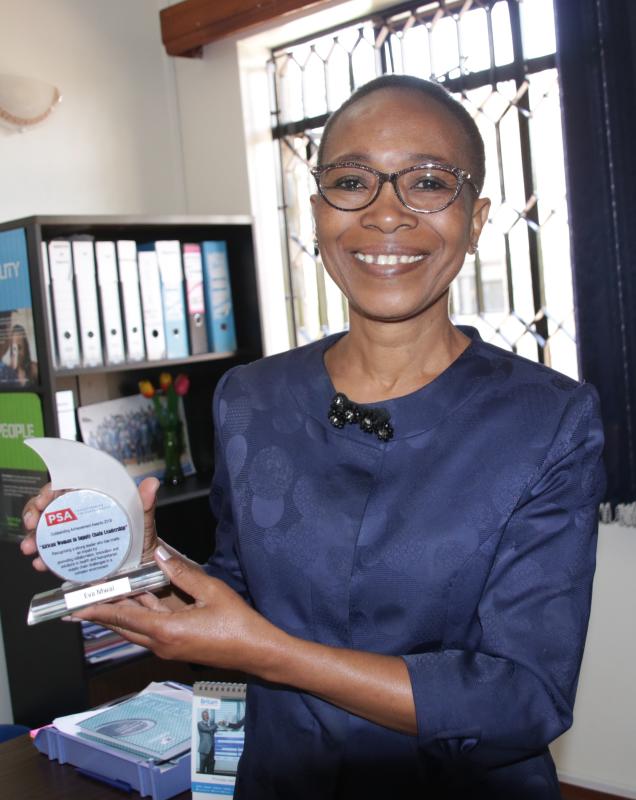
“Mlololongo on Mombasa road about 20 kilometres from Nairobi City Centre hosts one of the largest clinics with three clinical officers and other personnel who include a laboratory technician, outreach coordinators, nurses and ambassadors (balozi) trained to approach track drivers and sex workers.
The Clinical Officer in Charge of the facility Mr Emmanuel Lemein says his two counterparts and five nurses are seconded to the clinic from the County Government of Machakos in a Public-Private Partnership arrangement.
“The area we cover extends to the Sabaki River Bridge in Athi River and includes the highly populated Syo Kimau residential estate, an area with 46 hotspots frequented by 2,200 female sex workers (FSW) and 250 male sex workers (MSW) who cater for over 500 truck drivers and other clients,” says Mr Lemein.
He says the clinic has 2001 officially enrolled female sex workers (FSW) and 145 male ones, courtesy of outreach workers and peer educators. “We have two outreach workers and 30 peer educators, 24 for female sex workers, four for male sex workers and two for truck drivers,” enumerates Mr Lemein.
“We offer HIV tests and deserving cases. The clinic supplies over 200,000 condoms every month, among them female ones that we are promoting to empower women against uncooperative male partners.
Mr Lemein says community services include immunization for children under rive and free cervical cancer screening.
Back to Ms Mwai. In recognition of her work and the personal sacrifice that goes with it, she recently was recognized by United Kingdom (UK) based Pamela Steele Associates (PSA), a strategic consulting and training company dedicated to improving supply chain management within health and humanitarian sectors in developing countries.
She received the PSA Award for women in leadership positions who have made an impact, the second after one awarded in 2017 to Nigerian Gloria Chukwumah, former Director and Head of Department, Food and Drug Services in the Federal Ministry of Health.
Remarked Mrs Pamela Steele, PSA’s founder and Chief Executive Officer during the award presentation ceremony in Nairobi; “Eva stood head and shoulders over other nominees from all over the African continent and was easily the winner”.
 The Standard Group Plc is a multi-media organization with investments in media platforms spanning newspaper print
operations, television, radio broadcasting, digital and online services. The Standard Group is recognized as a
leading multi-media house in Kenya with a key influence in matters of national and international interest.
The Standard Group Plc is a multi-media organization with investments in media platforms spanning newspaper print
operations, television, radio broadcasting, digital and online services. The Standard Group is recognized as a
leading multi-media house in Kenya with a key influence in matters of national and international interest.



